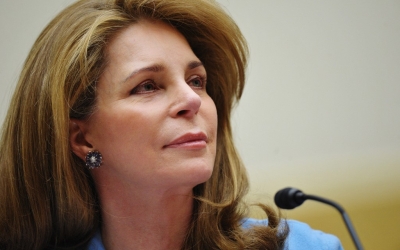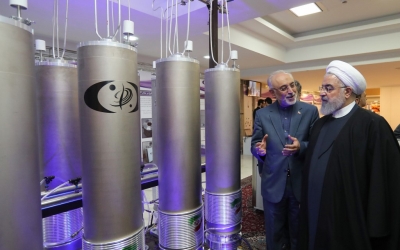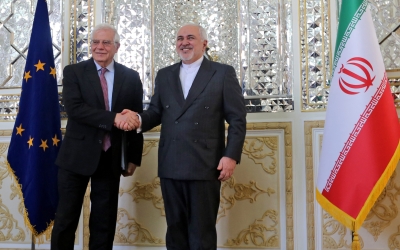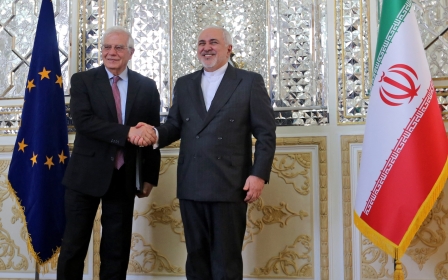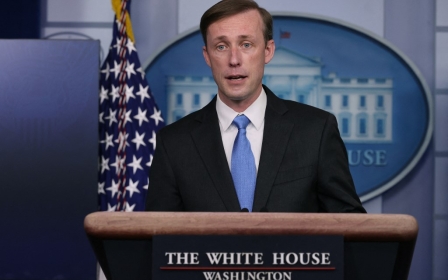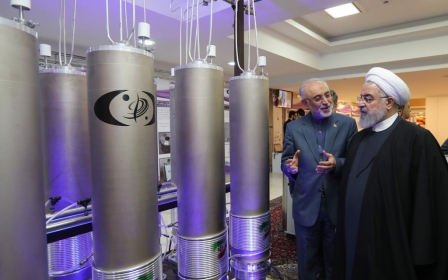Iranian press review: MP's tweet supporting Princess Latifa sparks online backlash
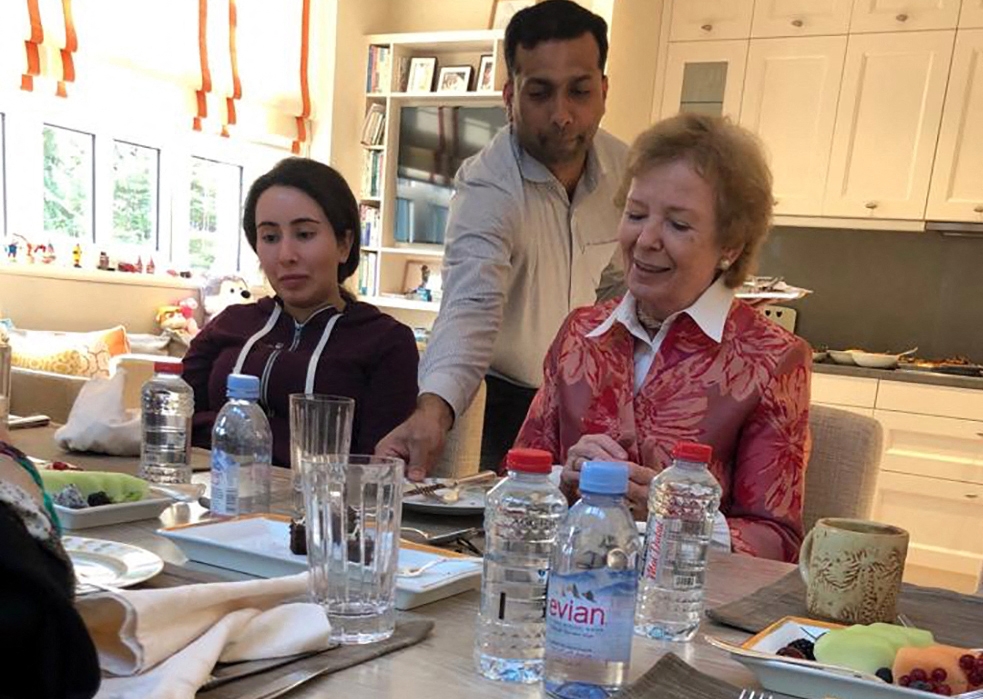
MP's tweet about aiding Dubai's Princess Latifa backfires
A tweet by conservative Iranian MP Zohre Elahian in support of Dubai's Princess Latifa has sparked a backlash on social media, with Iranian users accusing the politician of hypocrisy.
Sheikha Latifa, daughter of Dubai ruler Sheikh Mohammed bin Rashid Al Maktoum, was seized in 2018 while trying to escape Dubai. Though her family says she is "being cared for at home," video footage released by the BBC appeared to show the royal complaining of being kept a virtual prisoner.
As human rights organisations and world leaders raised concerns about the wellbeing of Princess Latifa, Elahian wrote on Twitter: "A suggestion to the captive daughter of Dubai's ruler! Come to Iran! In Iran, you can study and live, as Iranian women and girls do! And you would enjoy the blessing of freedom and human rights!"
Elahian's posting coincided with Samira Zaghari, an Iranian women's alpine ski coach, missing Italy's world championships because her husband did not permit her to travel abroad.
In Iran, like some Gulf Arab states, women need permission from their husbands or fathers to leave the country.
The Iranian lawmaker's tweet immediately caused a backlash. Many Iranians took to social media to voice their anger against what they described as systematic violation of women's rights and the imprisonment of women's rights activists.
"Just FYI, Ms Elahian, women's rights activist Banafsheh Jamali was sentenced to one year of prison and a fine. I think the daughter of Dubai's ruler is safer with her abductors," Hadi Mehrani, a former political prisoner, wrote on Twitter.
Meanwhile, other social media users accused Elahian of hypocrisy and used the occasion to criticise the crackdown on freedom of expression in Iran.
"The gal had used a VPN to connect to Twitter, and she recommends the daughter of Dubai's ruler to come to Iran to enjoy the freedom and human rights," one user tweeted at Elahian, referring to the banning of Twitter in Iran.
New deal with watchdog infuriates conservatives
The conservative-dominated Iranian parliament has urged the country's judiciary to try President Hassan Rouhani over an agreement between Iran's Atomic Energy Organisation and the UN nuclear watchdog, local media have reported.
On Tuesday, Iran stopped all its voluntary implementation of the Additional Protocol, under which the International Atomic Energy Agency (IAEA) has access to the details of the activities and location of all nuclear sites in its member states.
However, based on a new deal, Tehran agreed to extend some of its collaboration with the IAEA for three months.
Rouhani's administration was against the termination of UN inspectors' access to its nuclear sites.
However, a law passed by parliament in response to the assassination of Iran's top nuclear scientist, Mohsen Fakhrizadeh, obliged Rouhani to limit the IAEA's access to Iran's nuclear sites.
Meanwhile, Iranian conservatives have voiced anger against the new agreement, saying that Rouhani's administration has bypassed parliament's law.
Amid a mounting quarrel between parliament and Rouhani's administration, Iran's Supreme Leader Ayatollah Ali Khamenei quickly stepped in to control the situation.
In Iran, the supreme leader has the final say on all political decisions, and any move regarding the country's nuclear programme needs his approval.
On Tuesday, in a meeting with Iran's Assembly of Experts, Khamenei urged the two rival factions to end their disagreements and clashes.
"These disputes are solvable," Khamenei was quoted as saying.
"Both sides should collaborate to solve the problem, and avoid having two [different] views [about Iran's nuclear programme]."
He also implied that if the world powers did not return to the 2015 nuclear deal, Tehran would increase uranium enrichment to 60 percent. According to the 2015 agreement, the limit for Iran's uranium enrichment was five percent.
"We are determined to gain nuclear capabilities in accordance with our needs. Considering this, we won't stop uranium enrichment at 20 percent, and we would operate as far as it is necessary," Khamenei added.
"For example, we might increase uranium enrichment to 60 percent to use it in [atomic] power or for other goals."
In his speech, again, Khamenei stressed that Iran is not seeking nuclear weapons and its nuclear programme is peaceful.
Timber trafficking in passenger cars
In Iran's western province of Kohgiluyeh and Boyer-Ahmad, petty timber smugglers traffic illegally cut oak trees on the back seat and in the trunk of their cars to neighbouring provinces, earning up to 30m Iranian rial (about $120 in the open market) every night.
In an investigative piece from the oak forests covering Iran's Zagros mountains, ISNA news agency wrote about the profitable business of timber traffickers and published images of passenger cars packed with pieces of wood.
ISNA reported that the number of pickup trucks and small lorries used for timber trafficking has dramatically fallen back in recent months. Instead, the locals use their passenger cars for timber trafficking, which attracts less attention.
These cars are dubbed "Shooties" in the region, with the drivers operating after midnight till dawn when there is less control over provincial roads.
A 30-year-old shooty driver told ISNA that he pays about $2 to fill his car with timber in remote villages of the impoverished province, selling his load of 400 kilos in the neighbouring province of Fars for $20.
Another shooty driver told ISNA that he cut the trees himself for three loads, and then between 8pm and 4am, he transfers the loads to Shiraz, the provincial capital of Fars and makes up to 30m rial every night.
* The Iranian press review is a digest of reports that are not independently verified as accurate by Middle East Eye
Middle East Eye propose une couverture et une analyse indépendantes et incomparables du Moyen-Orient, de l’Afrique du Nord et d’autres régions du monde. Pour en savoir plus sur la reprise de ce contenu et les frais qui s’appliquent, veuillez remplir ce formulaire [en anglais]. Pour en savoir plus sur MEE, cliquez ici [en anglais].


